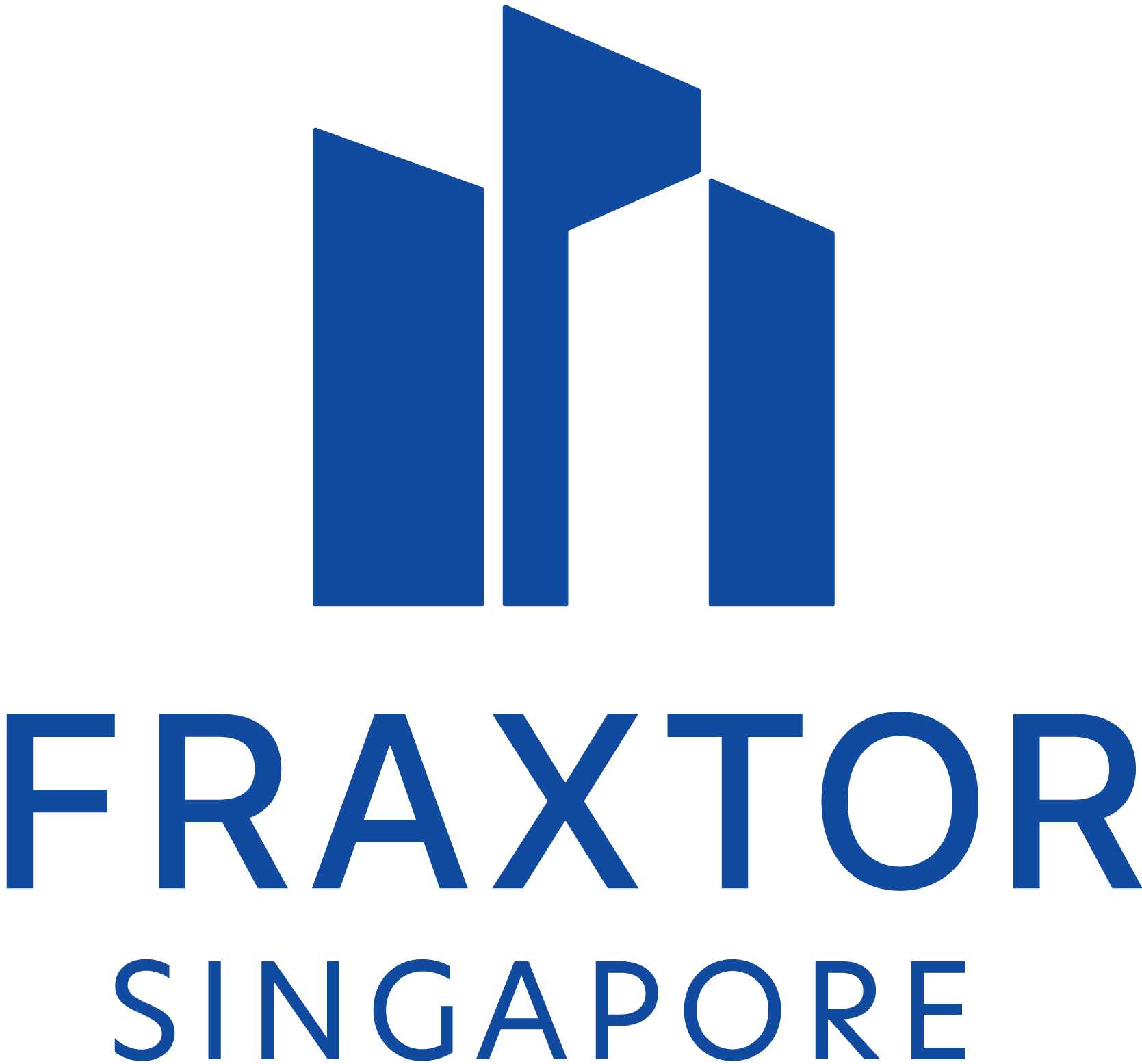
Ask Me Anything with Oliver and Marcelo (Part 1)


What is Fintech?
Oliver:
Fintech is a very broad term that we lump finance-related technologies in. This can include artificial intelligence that can drive Robo-investing, a blockchain that can be used to handle financial transactions, or simple web-based applications that drive our internet banking or online brokerage infrastructure. Fintech aims to create more efficiencies in the financial system, by allowing users to perform tasks quicker or smarter.
Marcelo:
FinTech, short for Financial Technology, refers to the usage of technology to achieve significant improvements to existing financial processes. These improvements could be in any or several of the areas of scalability, transparency, security, accessibility, efficiency, and potentially others. FinTech products have been typically created by start-up companies rather than corporations. These young companies, being nimble and agile, are much better suited at quickly prototyping, testing and launching FinTech products. Their design-build-test cycles can be very short and therefore they can launch and grow their products faster than large companies, which are often marred by lengthy decision-making processes and bureaucracy-ridden execution.
What is blockchain? Is it the same as bitcoin?
Oliver:
Blockchain is the technology that underpins cryptocurrencies such as Bitcoin. Although it is primarily used to record transactions of cryptocurrencies, it is also suitable for many other types of digital data and can be used in a wide range of use cases. A blockchain consists of blocks of transactional data which are linked to previous blocks of data through a series of cryptographic hashes. The blockchain network is maintained by countless computers around the world and functions as a decentralized database or register.
Simply put, a timestamped set of records is managed by a group of computers and is not owned by a single company, individual, or entity. Generally, there are two types of blockchains: Public and Private. Public blockchains are registers that are managed via a peer-to-peer network to exchange data between a connected group of parties. Private (or permission-based) blockchains, allow organizations to create and manage transactional networks that can be used for partnerships among themselves or with businesses.
Fraxtor’s use case of the Blockchain in real estate is a subset in the digital asset ecosystem. Although it uses Blockchain technology, it differs greatly from cryptocurrencies. We use blockchain technology to issue real estate interest on a distributed ledger, also known as tokenization. This we hope will automate processes between investors and offerors, increase liquidity, lower capital requirements for investments, improve transparency, and ultimately lead to real-estate democratization. This, in turn, will reduce spending on real estate issuers and expand the universe of potential investors. Blockchain will also have a profound impact on real estate for asset management, investment, operations, and management companies.
Marcelo:
The concept of a blockchain was first introduced by the Bitcoin whitepaper in 2008 and it was later released as a working software in 2009. Since then, hundreds of different projects have implemented their own version of a blockchain and have introduced different improvements, and have used varying techniques to expand on the original Bitcoin’s vision of blockchain.
Blockchains are distributed and typically decentralised databases to keep track of financial transactions. These databases are akin to a ledger and are typically deployed as vast networks across different geographies. With most blockchains, anyone is allowed to run a blockchain node and participate in the network activities, which generally involve validating transactions, producing new blocks (often called ‘mining’), and other activities. Running a node typically has an economic incentive in the form of blockchain tokens or coins that have some monetary value.
Over the last decade, blockchains have evolved to become sophisticated infrastructures for capital markets. Such evolution has led to the emergence of new forms of financial products. These products, run entirely on blockchain software, are called DeFi (Decentralised Finance). DeFi has grown exponentially since its beginnings less than two years ago and it is now responsible for billions of dollars worth of transactions per month.
What is a smart contract in Blockchain? How do smart contracts compare with traditional contracts?
Oliver:
The common misconception about “Smart Contracts” is that they are legal contracts. This is not the case. A Smart Contract is a set of rules converted into computer code and stored in a replicated system monitored by a network of computers operating a blockchain. This in turn governs how users can interact with the blockchain.
A Smart Contract uses a decentralized network, blockchain technology, to confirm, validate, capture and enforce agreed terms between multiple parties. A Smart Contract is a self-executing, self-enforcement protocol that governs its explicit terms and conditions by storing and executing contractual clauses on a blockchain. The parties agree on the terms and conditions of the contract and later negotiate and agree before concluding a blockchain-based Smart Contract, which is then stored on the blockchain.
The blockchain Smart Contract allows transactions and agreements between anonymous parties without the need for a central body or external enforcement by the legal system. The blockchain acts as a sort of database that confirms that the transaction took place and the smart contract is executed under predetermined conditions (think a computer that performs conditional programming ).
Marcelo:
Some blockchain implementations support the embedding of computer code. This computer code can be used to program and automate simple tasks, akin to a traditional computer script. These blockchain-native computer scripts are called “smart contracts” and they can be used to run bespoke business logic on the blockchain. The most popular and widely adopted blockchain supporting smart contracts is Ethereum.
Click here for Part 2
If you have any other queries, find out more in our FAQ section.
Do check out our blog for more Real Estate content.
Sign up to our newsletter
Sign up for our newsletter to stay in touch with global real estate news and opportunities!
By signing up, you acknowledge that you have read and agreed to our privacy policy.

